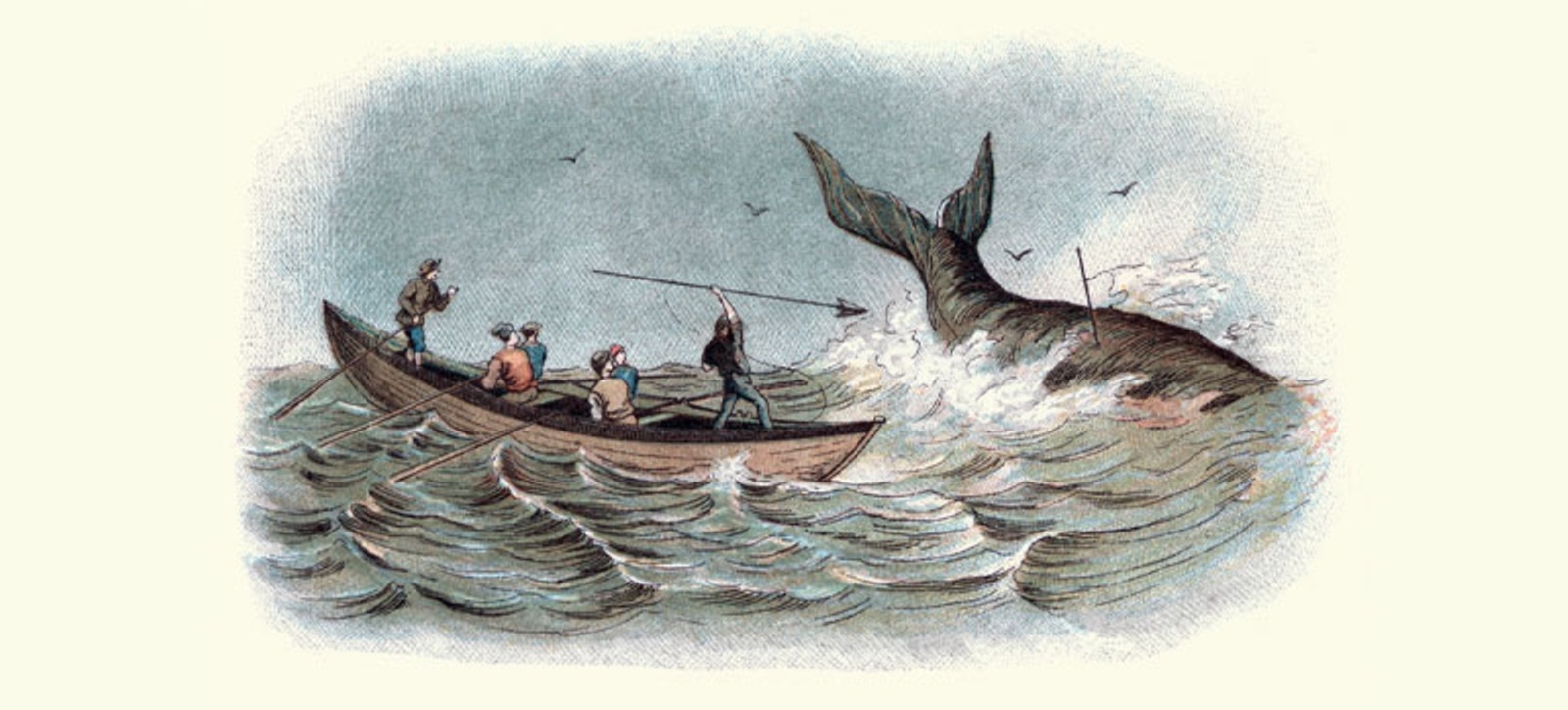
White whale: Grit can help entrepreneurs succeed, but they should beware blind persistence
Few entrepreneurs get a standing ovation when they first talk about their business model. After all, new ideas often sound outlandish or outrageous at first.
This is when entrepreneurs have to dig in and persist in the face of sceptical feedback.
The American psychologist Angela Duckworth calls it ‘grit’ and shows that success is likelier if you have it. But ‘grit’ is not the same as being entirely inflexible.
Behavioural scientists have long recognised the issue of loss aversion, which often leads to us having a tendency to throw good money after bad as we do not want to admit defeat.
For those with a strong calling – and entrepreneurs tend to fall into this category – it is even harder to throw in the towel when they should.
As with many character traits, ‘grit’ in its purest and most uncompromising form, can shift from being a virtue to a vice.
This is when entrepreneurs would be well advised to learn a valuable lesson from the literary classic Moby Dick.
Why persistence can be dangerous for entrepreneurs
On a cold Christmas Day, the whaling ship Pequod leaves Nantucket harbour. Whaling is big business during the first part of the 19th century and the crew is ready to get their share.
The intentions of the infamous Captain Ahab only become clear once they are out on sea. He has embarked on a voyage of vengeance for his lost leg, not a hunt for profit.
“It was Moby Dick that brought me to this dead stump I stand on now,” he begins, “… and I will chase him round Good Hope, and round the Horn, and round the Norway Maelstrom, and round perdition’s flames before I give him up.
“And this is what ye have shipped for, men! To chase that white whale on both sides of land, and over all sides of earth, till he spouts black blood and rolls fin out.”
D. H. Lawrence called Moby Dick "the greatest book of the sea ever written,” and few novels spin such a powerful tale about the danger of becoming consumed by single-minded pursuits.
Ahab tells his crew: “They think me mad …; but I’m demoniac, I am madness maddened! That wild madness that’s only calm to comprehend itself!
“The prophecy was that I should be dismembered; and–Aye! I lost this leg. I now prophesy that I will dismember my dismemberer.”
Captain Ahab’s obsession with Moby Dick is mesmerising, but his inability to deviate leads to the destruction of him and his crew – a classic cautionary tale.
The difference between good and bad persistence
Smart entrepreneurs know that there is a fine line between genius and madness.
Unfortunately, it is only with the benefit of hindsight that we can tell for sure whether an entrepreneur’s idea – and their dogged determination to pursue it – falls on the right side of that line.
However, there are a couple of questions you can ask yourself to avoid the kind of fatal fascination that consumed Captain Ahab.
The first is whether you are prepared to adjust the mechanics of your idea.
Experiment with versions of how your idea can be implemented and do a quick pivot where necessary. This way you are still persisting on the core but staying flexible on the 'how'.
The second question is whether you have any supporters. Even the craziest ideas usually find some cheerleaders and Ahab himself managed to convince his crew to follow him in his fanatical pursuit of the white whale.
If you are unable to get any collaborators of substance, that is probably a warning sign that you have strayed too far down the path towards Ahab’s “lonely madness”.
It is the ability to deviate when necessary that most easily distinguishes good from bad persistence.
Further reading:
Three novels business leaders need to read
Why strategy making should not be a secret
When should entrepreneurs trust their gut instinct?
Why imitating innovation can be a successful strategy
Christian Stadler is Professor of Strategic Management at Warwick Business School. He teaches Strategic Advantage and Strategy and Practice for the Executive MBA and Global Online MBA. He is a regular contributor for Forbes.
Learn more about strategy on the four-day Executive Education course Strategy Execution at WBS London at The Shard.
Discover more articles on Strategy and Organisational Change by subscribing to our free Core Insights newsletter.




 X
X Facebook
Facebook LinkedIn
LinkedIn YouTube
YouTube Instagram
Instagram Tiktok
Tiktok